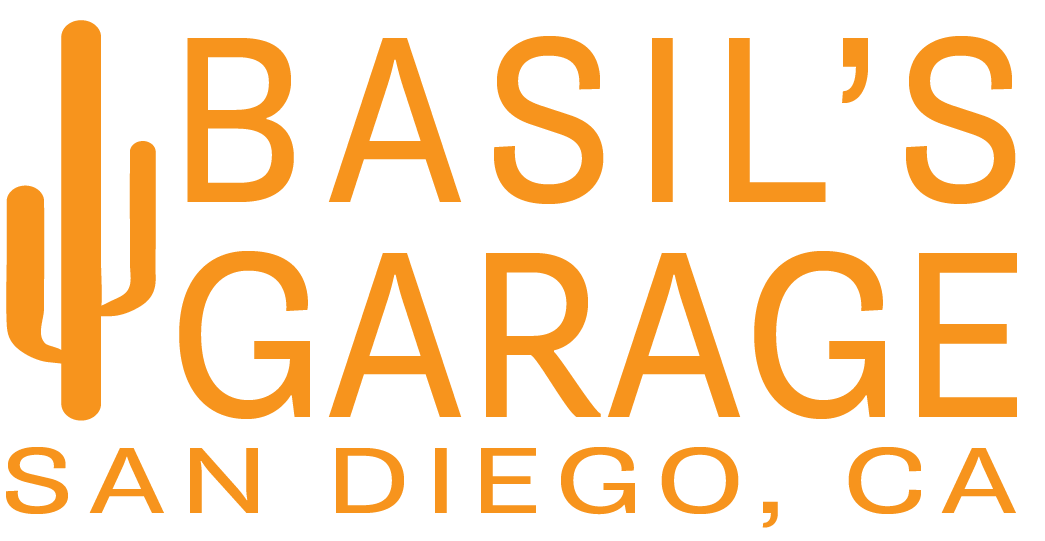Process engineering and Design to Value, Built Environment Matters podcast with John Dyson, Professor of Human Enterprise at the University of Birmingham
Rapid Deployment with Fast Lab.
If done with thoughtfulness they could help lubricate and develop the thinking, rather than creating disruptive re-work.The difference between iteration and re-work needed to be understood..

This was not a highly detailed schedule, to try and develop that would have been counterproductive.I believe it presents a way to plan and progress design within the complex area of new-technology-realisation which requires thinking beyond our traditional approaches of design-stages led by deliverables..If we wanted to not only preserve the value identified in an innovative concept and technology but to enhance it, we needed to change the way we approach basic/scheme and detailed design..

Professor John Dyson spent more than 25 years at GlaxoSmithKline, eventually ending his career as VP, Head of Capital Strategy and Design, where he focussed on developing a long-term strategic approach to asset management..While there, he engaged Bryden Wood and together they developed the Front End Factory, a collaborative endeavour to explore how to turn purpose and strategy into the right projects – which paved the way for Design to Value.

He is committed to the betterment of lives through individual and collective endeavours.. As well as his business and pharmaceutical experience, Dyson is Professor of Human Enterprise at the University of Birmingham, focussing on project management, business strategy and collaboration.. Additionally, he is a qualified counsellor with a private practice and looks to bring the understanding of human behaviour into business and projects.. To learn more about our Design to Value philosophy, read Design to Value: The architecture of holistic design and creative technology by Professor John Dyson, Mark Bryden, Jaimie Johnston MBE and Martin Wood.
Available to purchase at.'Transforming Small Molecule API Manufacturing' explores the innovative strides being made towards more efficient, sustainable, and cost-effective drug production.. Adrian La Porta.To get a digital thing slightly wrong has, in a sense, a transience that doesn’t matter.
However, there are bigger implications for not building a building correctly..In terms of where the construction industry is heading in the near future, Professor Glass says that in addition to prioritising our climate change issues, she’d like to see an end to the use of Return on Capital Employed for all of the major contractors.
If this unsustainable situation were to change, so that we instead faced a scenario whereby Tier 1 contractors were being judged on Return on Investment, it would likely mean that these key players had disrupted their businesses, understood where change was necessary, were investing, doing more R&D, and creating net zero businesses.In other words, the change the industry is looking for will happen with Tier 1.
